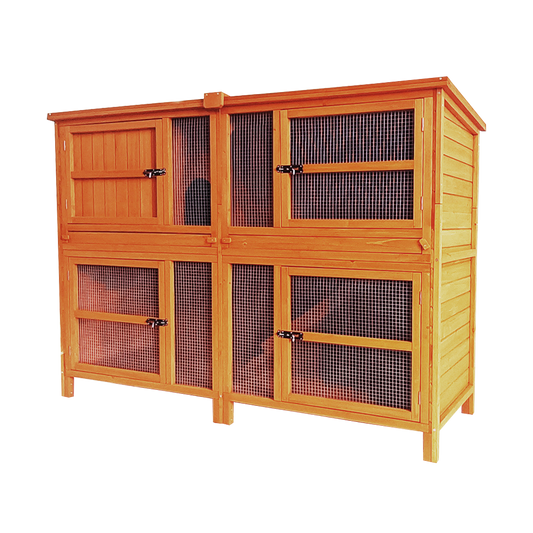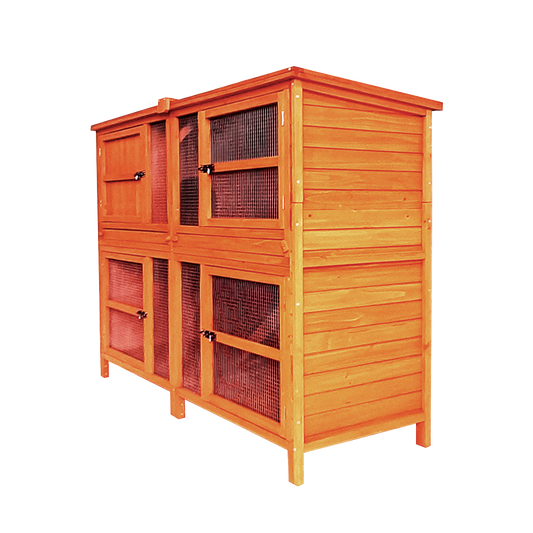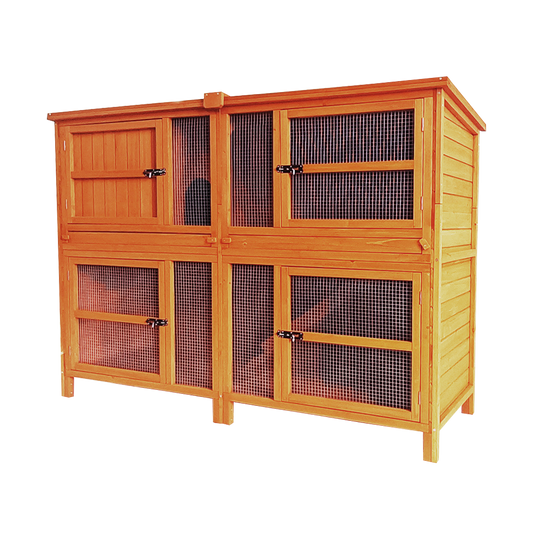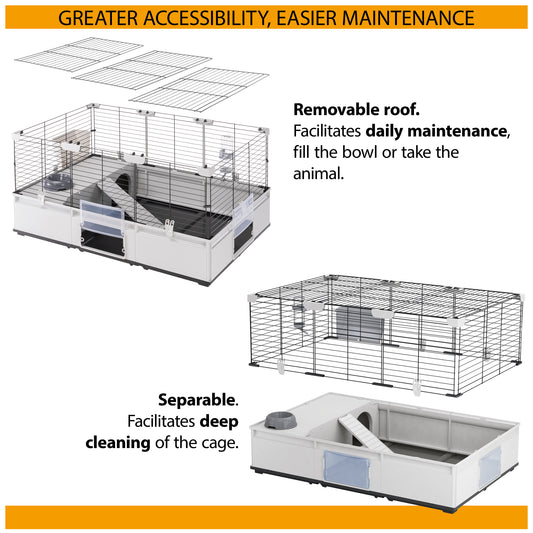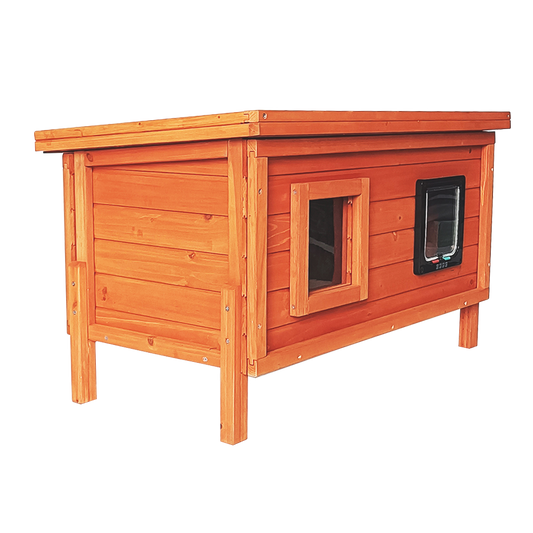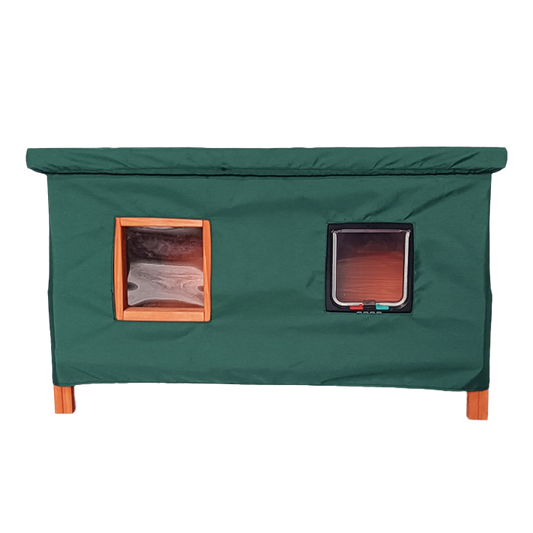Grass eating is a common canine behaviour, although no one knows for sure why dogs do it. Some people believe they eat grass to make themselves sick after eating something that has made them feel unwell, and others think that by choosing to eat grass, dogs are trying to make up for a lack of nutrients in their diet. Studies into the reasons why dogs like to graze on grass have failed to find conclusive proof to back up either of these theories.
Lunch on the lawn
It is likely that dogs just love the taste of grass, particularly in spring and summer when it is at its freshest and juiciest – in the same way that we might enjoy a fresh salad accompaniment to a meal. Grass is a good source of fibre so provides a nice bit of roughage, which helps maintain a healthy digestive system.
Modern complete dog foods are carefully formulated to include everything a dog needs, so it is unlikely that dogs fed on these will be lacking nutrients.
Bored behaviour
The eating of grass can become a habit for bored dogs so ensure your dog has plenty of other things to do in the garden to rule this out, such as dog chew toys or digging areas. You could also set up a treasure hunt for your dog by scattering dog kibble in the garden for him to find.
Hidden dangers
While the grass itself is very unlikely to do your dog any harm, you need to be aware of other things lurking in your lawn that might. Only allow your dog to graze on grass that you know is free from harmful chemicals, such as pesticides, which could make them very poorly.
Slugs and snails can carry a parasite called lungworm which, if ingested by a dog, can make them seriously ill. Not all dog worming products guard against lungworm so it’s worth having a chat with your vet to check that your pet is protected. Dogs can pick up lungworm from eating grass that slugs and snails have been on, as well as eating the slugs and snails themselves. The most common signs of a lungworm infection in dogs are coughing, changes in breathing, going off food and vomiting.
Beware of long grass
You should check your dog all over after walking in long grass for signs of grass seeds and ticks.
Grass seeds can get stuck in a dog’s ears, eyes and between their toes. The pointy end of a grass seed can also work its way under the skin, causing a painful swelling.
Ticks are little spider-like parasites that dogs can pick up from long grass and they can carry nasty diseases with them. Ensure your dog is regularly protected against ticks with a preventative dog treatment. You can also get special little tick hooks to remove ticks quickly and easily if you do find one attached to your pet. To remove a tick, ‘unscrew’ it with the hook rather than pulling it so that the head of the tick comes out intact. Leaving the head under your dog’s skin can lead to infection.
When to see your vet
Although eating grass is nothing to worry about in itself, if your dog is consuming it excessively, repeatedly vomits after doing so, stops eating their normal dog food or seems generally off colour, you should get them checked over by your vet as soon as possible.
If you found this article interesting, you may like:
Why does my dog drink out of the toilet?


